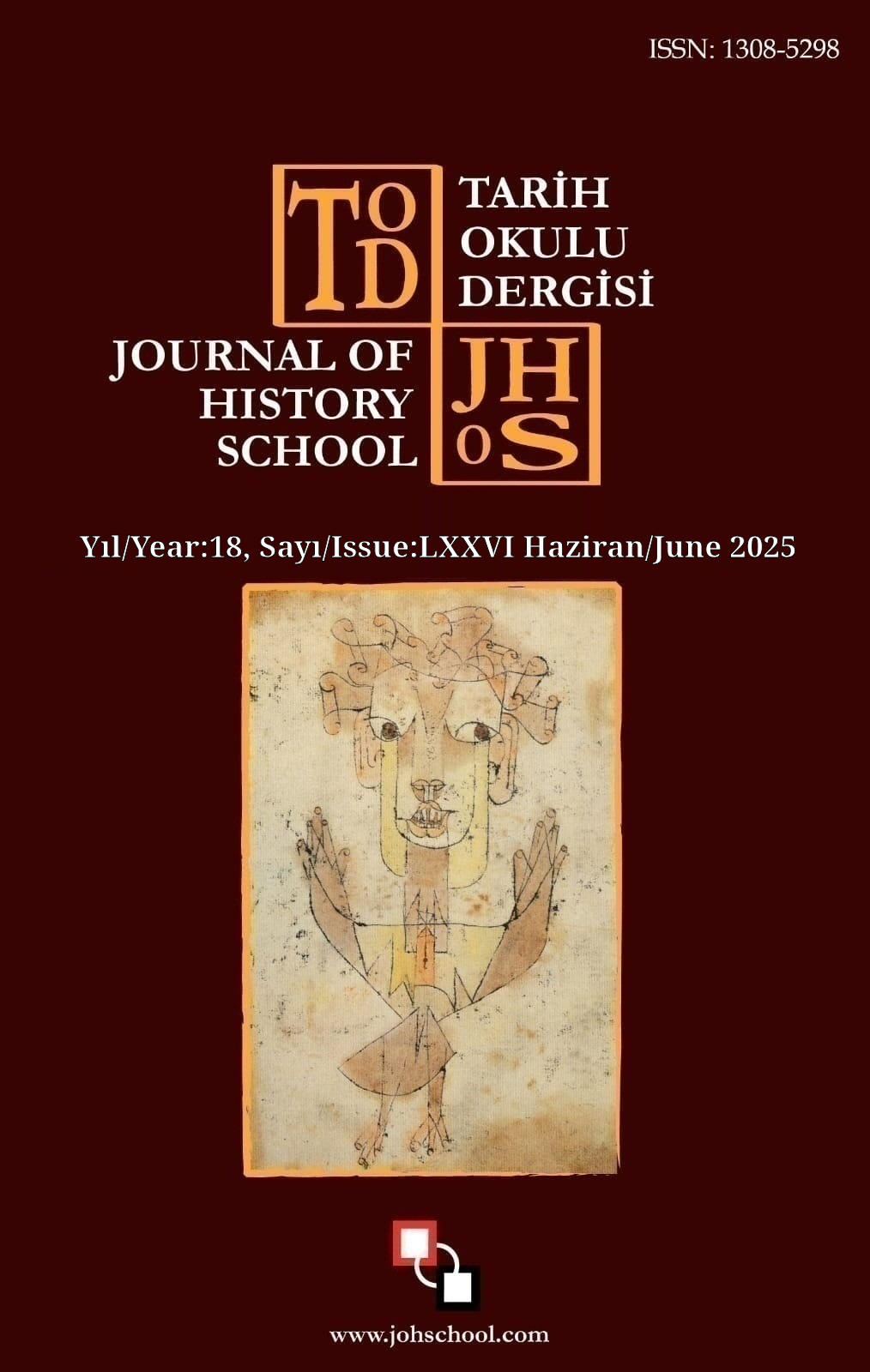DERA V DERYA KARARI ÜZERİNE BİR İNCELEME: İNGİLİZ İÇTİHAT HUKUKUNDA ROTADAN SAPMA VE ZAMANAŞIMI HÜKÜMLERİNİN UYGULANABİLİRLİĞİ
Author :
Abstract
Bu makalede, deniz taşımacılığında rotadan sapma halindeki hukuki sonuçlar ile Lahey Kuralları’nda yer alan bir yıllık zamanaşımı süresi arasındaki hukuki çatışmanın söz konusu olduğu, İngiltere Yüksek Mahkemesi (Mahkeme)’nin Dera Commercial Estate v Derya Inc (2018) (Dera v Derya) kararı incelenmektedir. Karar, rotadan sapma halinde Lahey Kurallarındaki zamanaşımı savunmasının geçerliliğini ve tahkim sürecinde aşırı gecikmenin doğurabileceği hukuki sonuçları ele almaktadır. Kararda, Lahey Kurallarındaki “her halükarda” ifadesinin anlamı tartışılmış; İngiliz içtihat hukukunda önemli bir yere sahip olan Hain Steamship kararının bağlayıcılığı değerlendirilmiş ve temel ihlal doktrininin İngiliz hukuku bakımından etkisi yeniden ele alınmıştır. Bu çerçevede, içtihat hukuku ile uluslararası sözleşme hükümleri arasında dikkat çekici bir normatif gerilim ortaya çıkmıştır. Bu makalede, söz konusu kararın sonuçları rotadan sapma bakımından, gerekçeleri ise Lahey Kurallarının zamanaşımı ile ilgili hükümleri açısından incelenmiş ve tarafların dava sürecinde ileri sürdüğü hukuki argümanlar analiz edilmiştir. Makalede, mahkeme kararına yapılan paragraf atıfları üzerinden kararın dayandığı normatif çerçevenin ortaya konulması yöntemi benimsenmiştir.
Keywords
Abstract
This article examines the judgment of the England and Wales High Court (Commercial Court) in Dera Commercial Estate v Derya Inc (2018) (Dera v Derya), which addresses a legal conflict between the consequences of deviation in maritime transport and the one-year time-bar provision under the Hague Rules. The decision explores the validity of the time-bar defence under the Hague Rules in cases involving deviation, as well as the legal consequences of excessive delay in arbitration proceedings. The judgment discusses the meaning of the term “in any event” within the Hague Rules, evaluates the binding nature of the Hain Steamship decision—an important precedent in English case law—and reconsiders the influence of the fundamental breach doctrine under English law. Within this framework, the case highlights a significant normative tension between case law and the provisions of international conventions. This article analyses the outcome of the decision from the perspective of deviation, while also examining its reasoning in relation to the time-bar provisions under the Hague Rules, along with the legal arguments raised by the parties throughout the litigation. The method adopted in the article involves identifying the normative framework underlying the judgment through paragraph-based references to the court’s reasoning.





